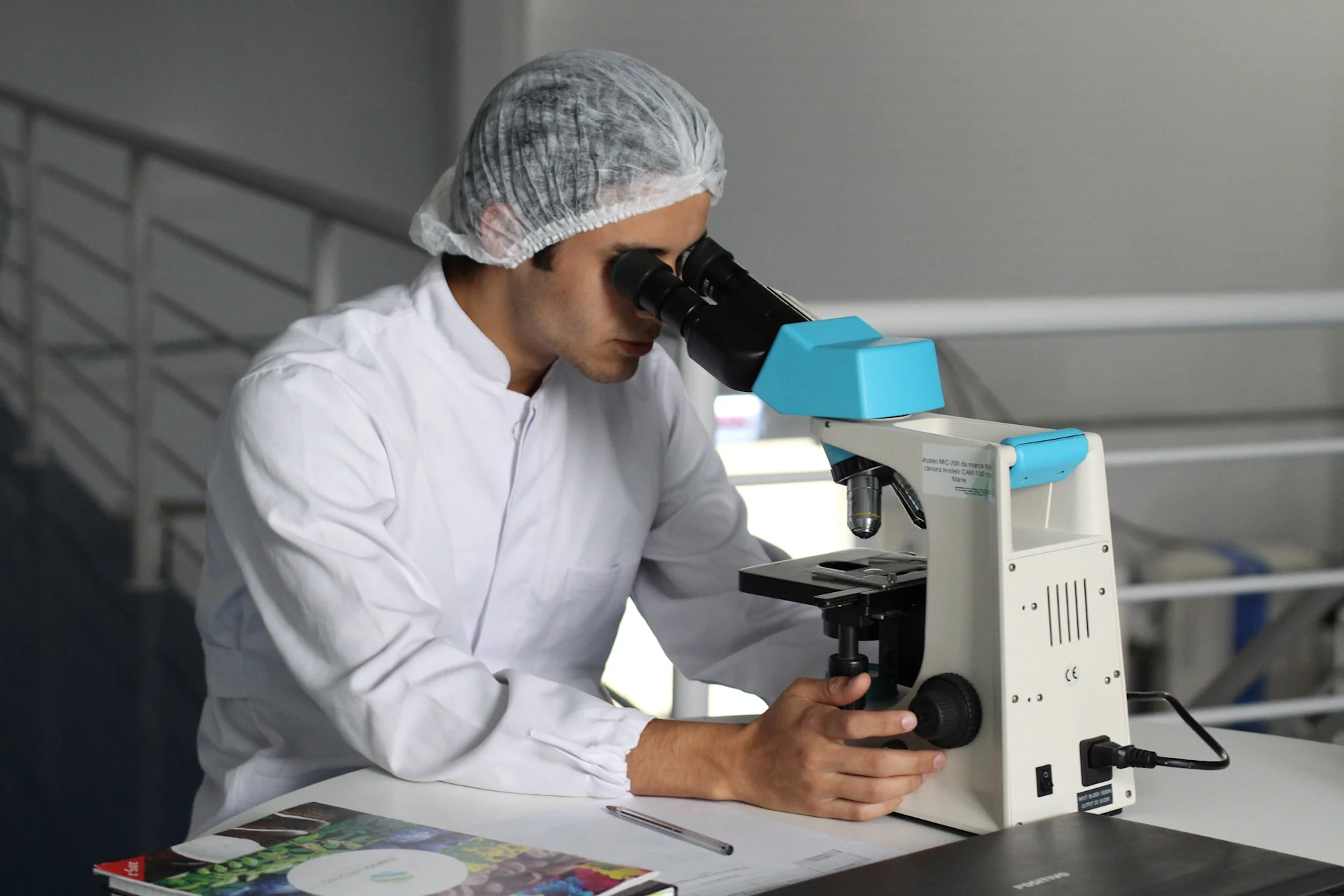Aston University Launches SPARK The Midlands to Drive Health Tech Innovation

By Anushka Malhotra
2 minutes 14 seconds
Tech
Share:
Quick Read: Aston University launches SPARK The Midlands, a pioneering health tech network, bridging the gap between medical research breakthroughs and clinical applications. With the support of regional and national stakeholders, SPARK The Midlands aims to position the West Midlands as a hub for healthcare innovation, fostering collaboration and advancing transformative standards of care.
Aston University has taken a significant step in advancing healthcare innovation with the inauguration of SPARK The Midlands. This groundbreaking network, launched on January 31, 2024, serves as a crucial link between medical research breakthroughs and their practical application in real-world clinical settings.
The launch event, held at Conference Aston and attended by over 40 participants, marked the beginning of an initiative that seeks to foster collaboration within the UK's translational ecosystem. Notable attendees included the pioneer cohort members of SPARK The Midlands, key regional stakeholders, and representatives from national institutions, including Midlands Mindforge, the Department for Business and Trade, Birmingham Women’s and Children’s Hospital, and various universities.

SPARK The Midlands represents the first UK extension of Stanford University’s prestigious SPARK program. Its establishment is closely tied to Aston University’s active role in the West Midlands Health Tech Innovation Accelerator (WMHTIA), a government-backed project aimed at guiding companies in bringing their healthcare innovations to market successfully.
The SPARK program is renowned for providing crucial mentorship, facilitating valuable networks between researchers and potential funding sources. Members gain access to industry expert-led workshops covering essential topics such as medical device regulations, clinical trials, and creating compelling product profiles to attract future funding.
While SPARK The Midlands will be headquartered at Aston University, its scope extends to supporting projects across the West Midlands from other leading universities, including Birmingham and Warwick. The network will also collaborate with institutions such as Birmingham Women’s and Children’s Hospital and provide support to several regional companies.

Notably, Aston University researchers lead five of the twelve projects forming the inaugural cohort of SPARK The Midlands. These projects span therapeutic developments for allergic asthma and cardiovascular diseases, the establishment of a spinout company focused on wound healing, collaboration on an AI-powered device for categorizing pediatric brain tumors, and the development of machine learning AI software for diagnosing specific lung conditions.
The launch event also served as an opportunity for the cohort members to connect with key regional and national enablers of the UK’s translational ecosystem. As SPARK The Midlands takes its initial steps, it aims to position the West Midlands as a prominent hub for healthcare innovation, leveraging the region's world-class universities and research-intensive hospitals.
The SPARK The Midlands initiative is poised to play a pivotal role in driving transformative standards of care for unmet clinical needs while supporting the growth of a significant innovation cluster in the region.
As Luke Southan, SPARK UK director, expressed,
"It is a privilege to be launching the first UK SPARK cohort here in the West Midlands. We have a real opportunity here to support not only new, transformative, standards of care for areas of genuine unmet clinical need but also to support the growth of a major innovation cluster for the region."
Pasi Sorvisto, founder and director of SPARK Finland and director of SPARK Europe, highlighted the collaborative nature of the European SPARK network, emphasizing the shared experiences and support for developing innovative solutions and businesses.
SPARK The Midlands is set to host its first educational workshop on Tuesday, February 13, signaling the beginning of an era dedicated to advancing health tech solutions and fostering innovation in the West Midlands and beyond.
Read the Press Release here.

Proudly Backed By Our Patrons

















